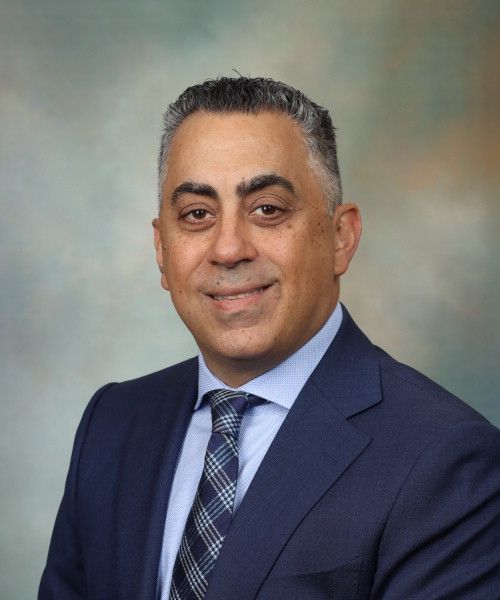
Tanios S. Bekaii-Saab, MD, on Recent Updates in GI Malignancies at ASCO 2021

At the 2021 American Society of Clinical Oncology Annual Meeting, CancerNetwork® spoke with Tanios S. Bekaii-Saab, MD, to discuss recent updates in the treatment of gastrointestinal malignancies.
At the 2021 American Society of Clinical Oncology (ASCO) Annual Meeting, CancerNetwork® spoke with Tanios S. Bekaii-Saab, MD, to discuss recent updates in the treatment of gastrointestinal (GI) malignancies. Specifically, a number of developments in chemoimmunotherapy have been made for patients with gastroesophageal cancers, offering the potential to influence the standard of care in certain tumor types.
Transcript:
Overall, in GI cancers, we have [seen] some really incredible data. Starting with non–colorectal cancers, we have seen some of the fastest improvements, especially in the world of immunotherapy, in gastroesophageal cancers.
We are moving now to chemoimmunotherapy. Your chemotherapy of choice in the United States would be 5-fluorouracil, leucovorin, and oxaliplatin plus your agent of choice, which would be nivolumab [Opdivo] or pembrolizumab [Keytruda]. We have frankly continued to see consistently that adding a PD-1 inhibitor to chemotherapy is the way to go. Of course, there remain some questions: Do we sequence better? Do we change the sequence? Do we have to give them together at the same time? Can we go with just the PD-1 inhibitor and then maybe add the chemotherapy? The sequencing questions will remain, but it is undeniable that the first line now belongs to chemoimmunotherapy. There was an interesting study, albeit just in squamous cell [histology]—we are waiting for more data ultimately to show up in adenocarcinomas and others—that suggests that nivolumab and ipilimumab [Yervoy] may also be an option. It did not perform better than nivolumab plus chemotherapy, by the way, but it did perform better than chemotherapy alone.
Reference
Chau I, Doki Y, Ajani JA, et al. Nivolumab (NIVO) plus ipilimumab (IPI) or NIVO plus chemotherapy (chemo) versus chemo as first-line (1L) treatment for advanced esophageal squamous cell carcinoma (ESCC): First results of the CheckMate 648 study. J Clin Oncol. 2021;39(suppl 15):LBA4001. doi:10.1200/JCO.2021.39.15_suppl.LBA4001
Newsletter
Stay up to date on recent advances in the multidisciplinary approach to cancer.



































